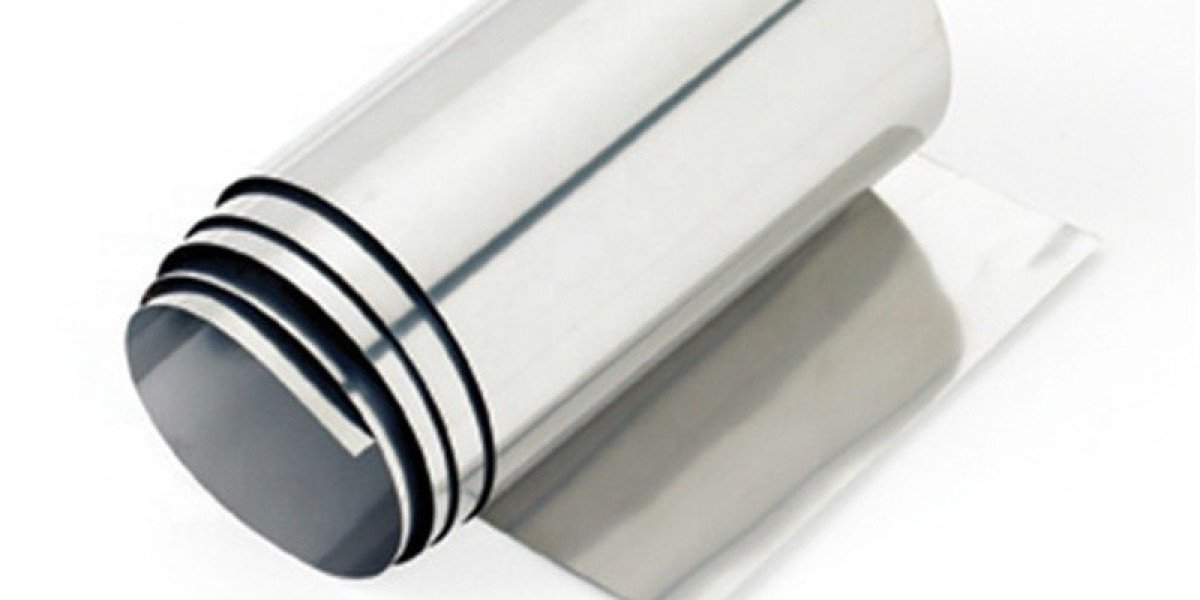Introduction to Long-Term Reliability in Security Cameras
Investing in a surveillance system requires careful consideration of long-term reliability. Businesses, organizations, and homeowners rely on security cameras to provide consistent protection over the years without frequent failures or costly maintenance. As a trusted Security Company, we recognize that two leading brands in the security industry, Axis and Hikvision, offer different strengths when it comes to durability, performance, and longevity.
Choosing the right brand depends on several factors, including hardware quality, software updates, cybersecurity resilience, and environmental resistance. Both Axis and Hikvision are known for producing high-quality cameras, but they differ in their approach to long-term reliability.
Build Quality and Durability
Hardware durability plays a crucial role in the lifespan of a security camera. Axis cameras are known for their robust construction, often featuring metal housings and weather-resistant designs that withstand harsh conditions. These cameras undergo extensive testing to ensure they operate reliably in extreme temperatures, high humidity, and challenging outdoor environments.
Hikvision cameras also offer solid build quality, but the materials used can vary depending on the model. While Hikvision provides a range of durable options, some lower-end models may not have the same longevity as premium Axis cameras. When installed in industrial or high-risk environments, Axis cameras often outperform Hikvision models in terms of wear resistance and mechanical reliability.
Performance Over Time
Long-term reliability also depends on how well a camera maintains its performance over years of operation. Axis cameras feature high-quality image sensors, advanced lenses, and proprietary technology that reduces performance degradation over time. These cameras are designed for continuous operation with minimal loss in video quality, ensuring long-term efficiency.
Hikvision cameras provide strong performance as well, especially in their high-end models. However, some budget-friendly options may experience a decline in image clarity or responsiveness after prolonged use. Axis cameras tend to have better thermal management systems, which prevents overheating and ensures consistent functionality over the years.
Software Support and Firmware Updates
Security camera longevity is heavily influenced by software updates and manufacturer support. Axis provides long-term firmware updates, ensuring that its cameras receive security patches and feature enhancements for many years. This commitment to software support makes Axis cameras more adaptable to evolving security threats and technological advancements.
Hikvision also offers firmware updates, but its long-term support varies depending on the region and model. While Hikvision regularly updates its high-end cameras, some older or budget models may not receive consistent software improvements. This can impact cybersecurity and compatibility with modern surveillance systems over time.
Cybersecurity and Data Protection
Network security is a major concern in long-term surveillance solutions. Axis cameras are designed with a strong focus on cybersecurity, featuring encrypted video streams, secure authentication protocols, and regular security patches. These measures reduce the risk of hacking and unauthorized access, making Axis a preferred choice for organizations that prioritize data protection.
Hikvision has faced concerns over cybersecurity vulnerabilities in the past, though the company has made efforts to improve its security infrastructure. While Hikvision CCTV cameras offer encryption and access control features, users must actively update firmware and configure security settings to minimize potential risks. Axis cameras tend to have a more transparent and proactive approach to cybersecurity.
Maintenance and Serviceability
Regular maintenance is essential for keeping security cameras operational over the years. Axis cameras are designed with ease of maintenance in mind, featuring modular components that simplify repairs and upgrades. This reduces downtime and lowers long-term maintenance costs.
Hikvision cameras require proper maintenance as well, but their serviceability depends on the model. Some entry-level Hikvision cameras may have non-replaceable components, leading to higher replacement costs if a camera malfunctions. Axis cameras generally offer better long-term serviceability, making them a reliable choice for businesses with extensive surveillance networks.
Environmental Adaptability
Outdoor security cameras must endure exposure to rain, dust, extreme temperatures, and varying light conditions. Axis cameras excel in environmental adaptability, with rugged designs that ensure reliable operation in demanding locations such as industrial sites, airports, and city surveillance projects.
Hikvision cameras also offer weatherproof models, but their durability can vary depending on the product line. Higher-end Hikvision cameras feature robust weather resistance, but lower-cost models may require additional housing or protection to maintain performance over time. Axis cameras are often preferred for installations in extreme weather conditions due to their superior build quality and engineering.
Cost vs. Longevity
Initial cost is an important factor when choosing between Axis and Hikvision cameras, but long-term reliability should also be considered. Axis cameras typically have a higher upfront cost but provide better long-term value due to their extended lifespan, lower maintenance needs, and ongoing software support.
Hikvision cameras are generally more affordable, making them attractive for budget-conscious buyers. However, some lower-priced models may require earlier replacement, increasing the total cost of ownership over time. Businesses that prioritize longevity and reliability often find Axis cameras to be a more cost-effective investment in the long run.
Conclusion
When evaluating Axis vs. Hikvision cameras for long-term reliability, several factors come into play, including build quality, performance consistency, software support, cybersecurity, and environmental adaptability. Axis cameras stand out for their durable construction, extended software updates, and strong security features, making them an excellent choice for organizations seeking long-lasting surveillance solutions.
Hikvision cameras offer reliable performance at a more affordable price, but their long-term reliability varies depending on the model. High-end Hikvision cameras provide competitive durability, while budget options may require more frequent replacements.
For businesses and industries looking for a long-term security investment with minimal maintenance and high resilience, Axis cameras are often the preferred choice. However, those prioritizing affordability without compromising essential features may find Hikvision to be a viable option. Selecting the right camera brand ultimately depends on the specific surveillance needs, budget considerations, and long-term security requirements of the user.









